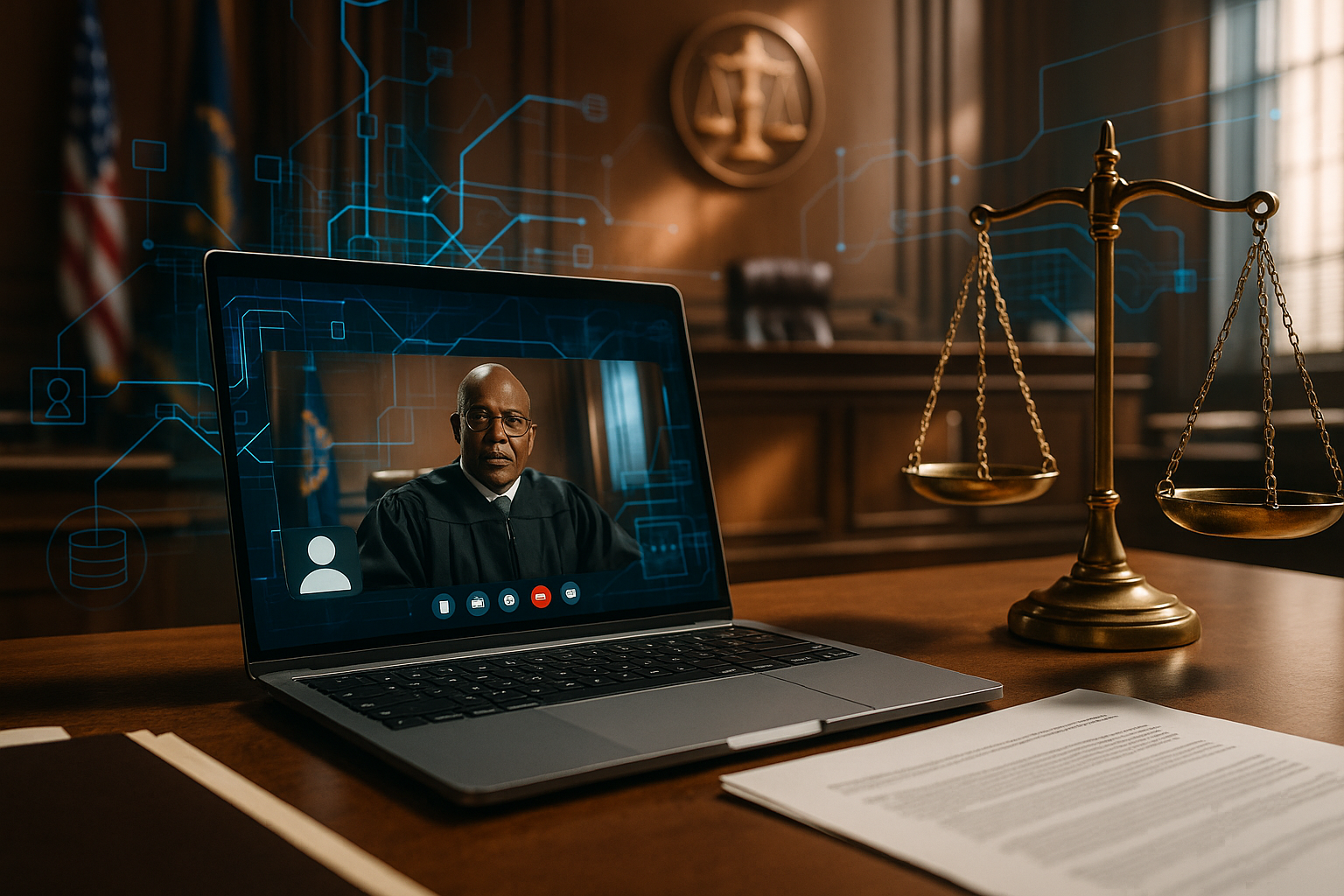Court Procedures: Preparing for Remote Hearings
Remote hearings are now a routine part of court administration worldwide, requiring parties, counsel, and court staff to adapt procedures, technology, and ethical practices. Preparing effectively involves understanding policy, ensuring compliance, safeguarding privacy, and maintaining access to justice across diverse jurisdictions.

How does policy shape remote hearing practice?
Policy determines the scope, permitted formats, and procedural safeguards for remote hearings. Courts and legislatures have issued guidance on eligibility, recordkeeping, and evidentiary standards; these rules help harmonize expectations for parties and practitioners. When preparing for a remote hearing, review jurisdictional policy and any local administrative orders, since differences in legislation or court-issued guidance can affect admissibility of exhibits, requirements for oath administration, and whether interpreters or sign language services must be provided.
What compliance steps should court participants take?
Compliance spans technical, procedural, and ethical obligations. Counsel should verify that video platforms meet security and confidentiality requirements and follow court rules for filing and serving materials. Administrative staff must ensure participants receive clear instructions, links, and contingency plans. Parties need to confirm identity verification procedures and uphold rules on decorum and evidence handling. Maintaining a compliance checklist and running test sessions can reduce disruptions and demonstrate good-faith adherence to court expectations.
How can access to justice be preserved in remote settings?
Maintaining equitable access means addressing digital divides and accessibility needs. Courts should provide options for in-person attendance where required, offer telephone or assisted access for those without reliable internet, and ensure interpreters and disability accommodations are available. Legal aid organizations and advocacy groups can support self-represented litigants in preparing documents and understanding remote hearing etiquette. Ensuring clear, plain-language instructions and offering practice sessions helps reduce barriers to participation for vulnerable users.
What privacy and data protection measures are needed?
Privacy concerns are central when hearings move online. Courts must balance transparency with protection of sensitive information, using platforms with end-to-end encryption where appropriate and limiting recording or distribution according to rules. Counsel should avoid sharing confidential exhibits over unsecured channels and confirm vendor data handling and retention practices. Clear policies should address who may record proceedings, how recordings are stored, and how personally identifiable information is minimized in public dockets to comply with privacy laws and ethical obligations.
What responsibilities do courts and the judiciary hold?
Judges and court administrators are responsible for establishing transparent procedures, ensuring fair process, and training staff on remote hearing protocols. This includes setting standards for participant identification, managing recordkeeping, and enforcing decorum. Judicial officers must be prepared to make equitable rulings when technical problems arise, and to provide accommodations for parties who lack necessary technology. Ongoing evaluation and transparency about remote processes help build public trust and guide future regulation and enforcement efforts.
Who provides remote hearing services and what features matter?
Selecting a platform or service requires consideration of security, reliability, accessibility, and integration with court administration systems. Courts and practitioners should pilot solutions, evaluate vendor terms for data protection, and confirm features such as breakout rooms for private conferences, evidence presentation tools, and live captioning. Below is a brief list of commonly used providers and the services they offer.
| Provider Name | Services Offered | Key Features/Benefits |
|---|---|---|
| Zoom for Government | Secure video conferencing for public agencies | FedRAMP-authorized deployment, gallery and speaker view, breakout rooms, recording controls |
| Cisco Webex | Enterprise conferencing and collaboration | Strong encryption options, integrations with case-management systems, live captioning |
| Microsoft Teams (Government) | Communication platform integrated with Office 365 | Secure file sharing, calendar integration, role-based access controls |
| CourtCall | Remote appearance service designed for courts | Scheduling for attorney appearances, judicial controls, phone and video options |
Prices, rates, or cost estimates mentioned in this article are based on the latest available information but may change over time. Independent research is advised before making financial decisions.
Conclusion
Effective preparation for remote hearings requires attention to policy, compliance, access, privacy, and administrative workflow. By reviewing applicable rules, testing technology, and coordinating accommodations, courts and participants can reduce disruptions and preserve fairness. Ongoing evaluation, training, and transparency will continue to shape how remote hearings support justice systems across jurisdictions.






